You are viewing a clip of this video, click to Join. Members, click to Log in.
|
|
||||
When you sign up for Storylogue, you will also enjoy:
Can you explain the core event and the core emotion in the epic?
Aug 24, 2014
What is the purpose of jumping back and forth between multiple storylines within a feature film or TV episode?
Aug 17, 2014
What characterizes a sado-masochistic relationship?
Aug 16, 2014
Do you have any tips for writing a treatment that really sells?
Aug 10, 2014
How does writing an episode for a procedural crime show differ from writing a feature film thriller?
Jul 31, 2014
What's the best way to pitch a new story for television? Should I prepare a full script?
Jul 29, 2014
Do I have to be able to tell a story well verbally in order to be a good storyteller in my writing?
Jul 28, 2014
 Now Playing
Now Playing
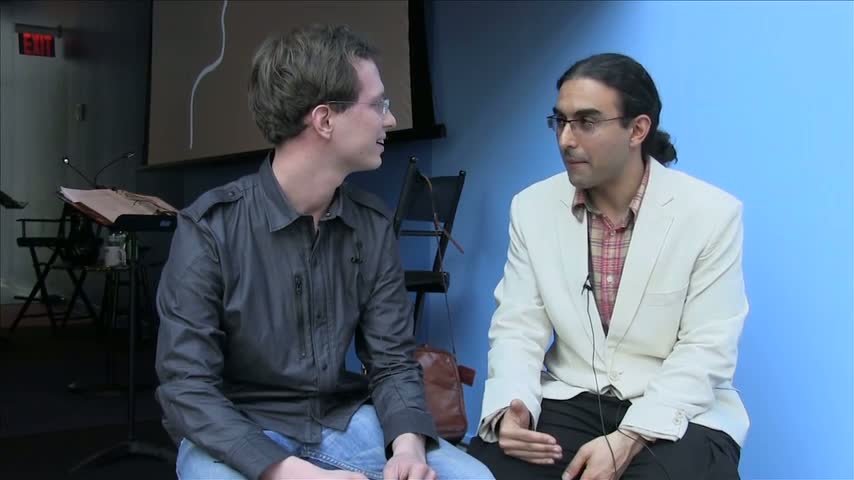
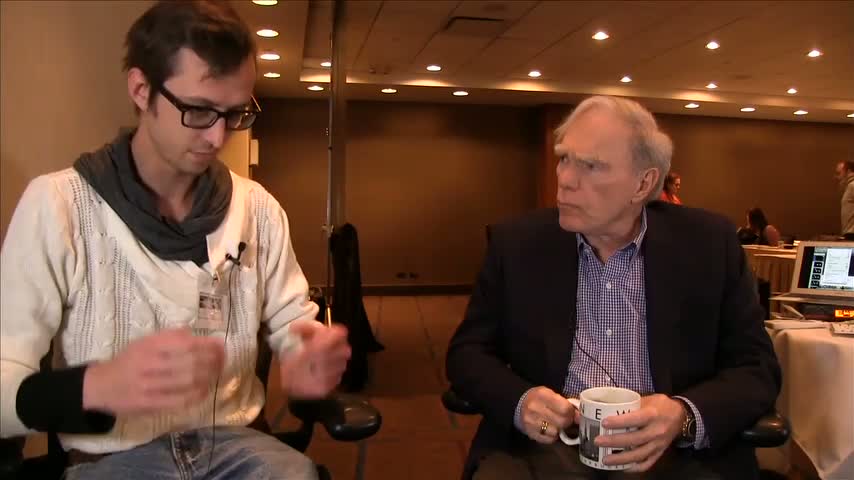
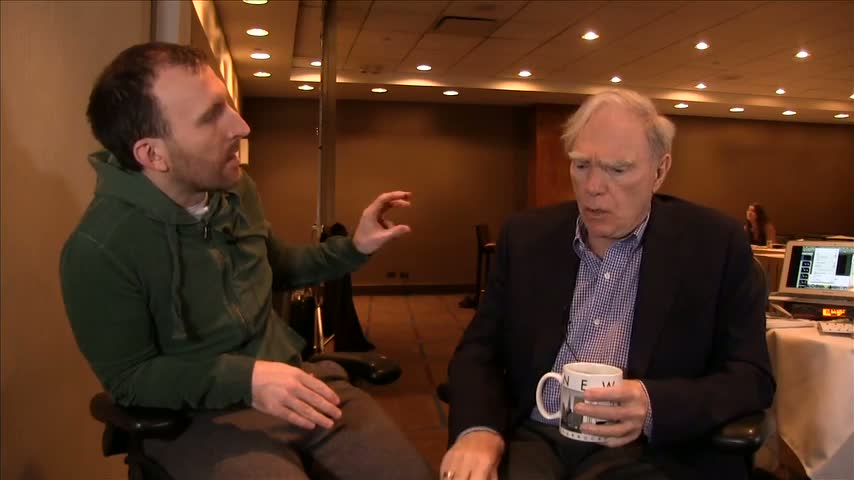
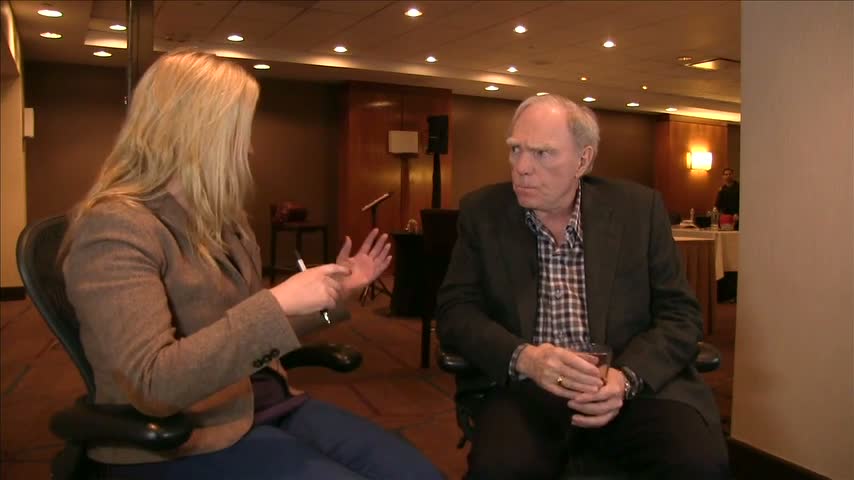
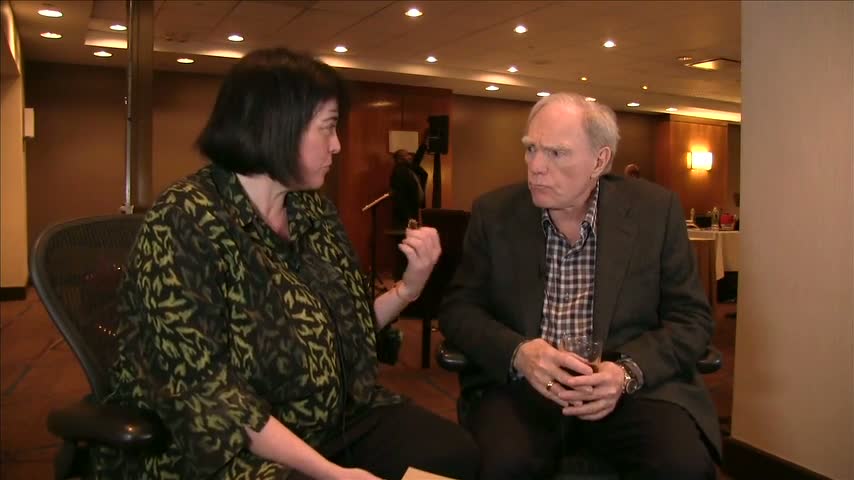
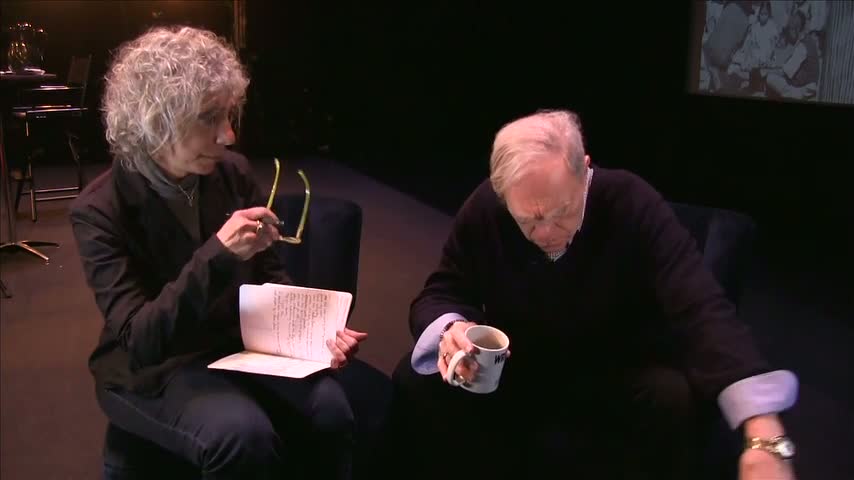
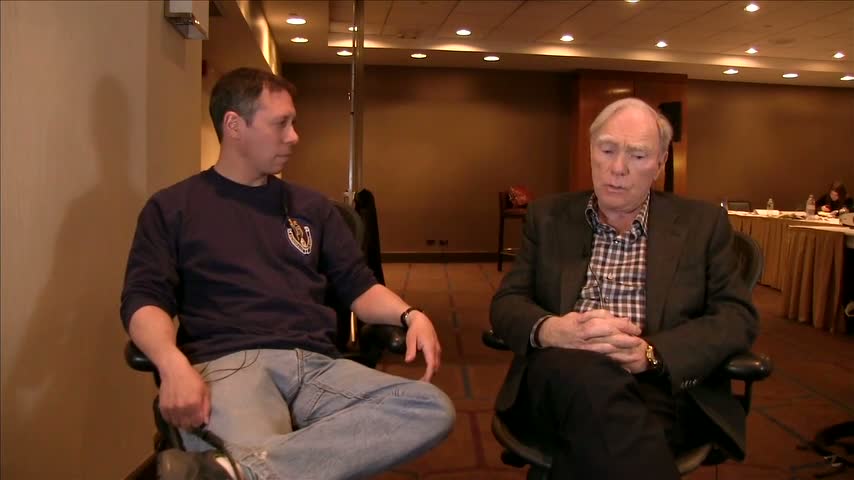
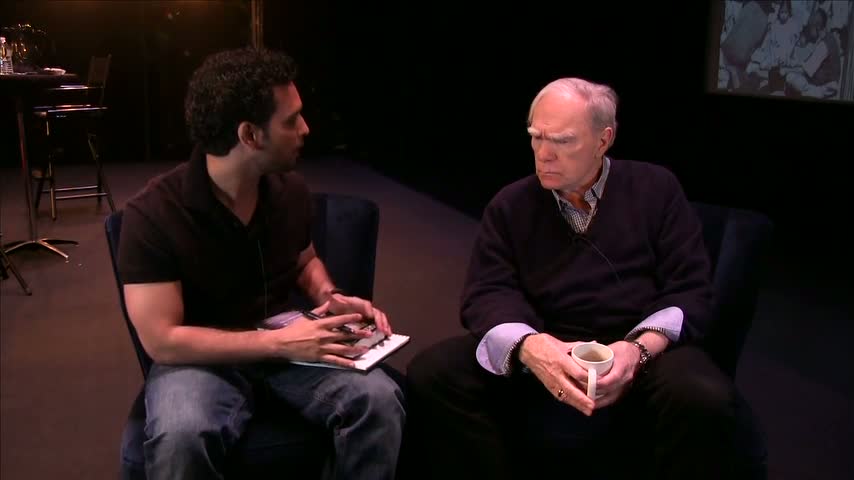
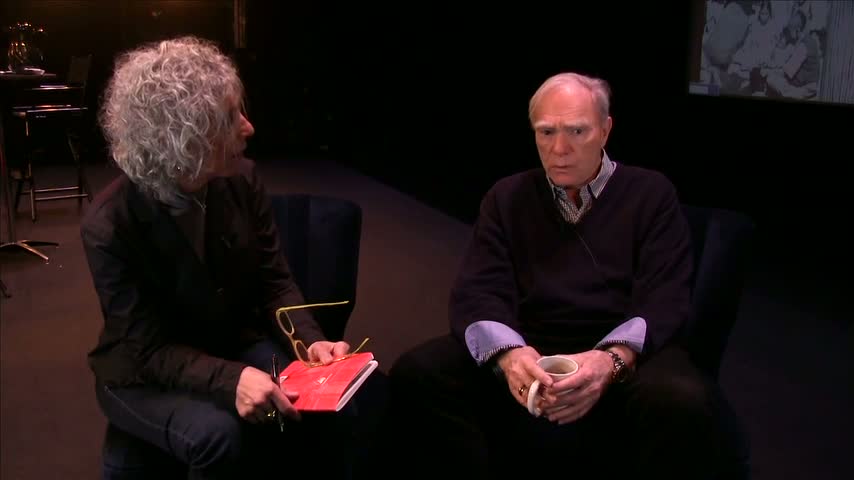
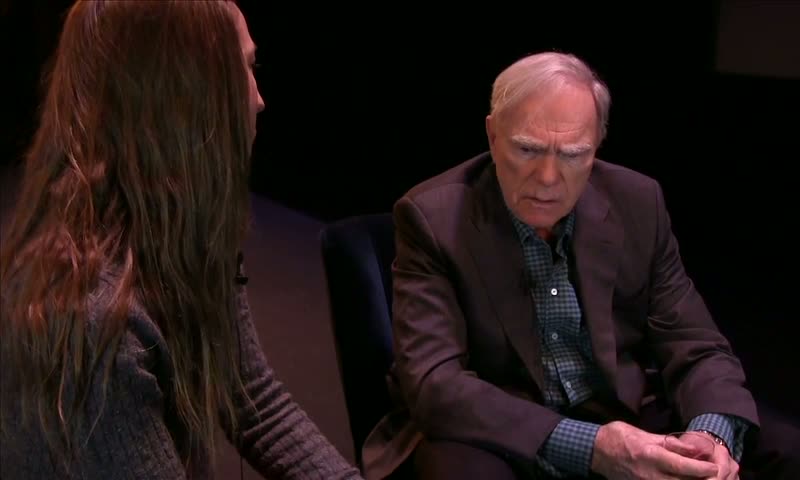
 Requires
Requires
As for examples of THE MATRIX: When Neo chooses to rescue Morpheus from the Agents, it's a true dilemma. On the one hand, it's between two irreconcilable goods – they can stop the Agents discovering where Zion is by killing Morpheus in the real world, or, they can rescue Morpheus from the Agents in the matrix. But it's also the lesser of two evils – they either kill Morpheus, or, attack the Agents' stronghold and all get killed. Killing Morpheus is the easier, safer way of protecting Zion, but it costs Morpheus' life. Neo chooses to risk his own life in order to save Morpheus.
As for the fight in the subway, again, it's not a fight/flight response where Neo can only fight or not fight. The choice isn't about Neo's life, because Neo thinks he can run away and live, or fight and win. The problem is that if he runs, he cannot prove that he is the One. And so he has a choice between proving he can defeat an Agent or escaping unharmed, and what he risks, is his life. After he defeats Smith and Smith reincarnates himself, he runs because he made his choice and proved his point: he can beat an Agent, he is the One. Fighting Smith would risk his life again, but now there's nothing to gain from it, so he runs.
In these fight/flight responses, it's not just "to live" or "to die", often there is something else at stake. In the case of THE MATRIX, Zion is at stake, and so is Neo's (and Morpheus') faith that he is The One. When Action/Adventure is about Good/Evil and not Life/Death, as in the case of THE MATRIX, the crisis decision expresses the protagonist's willingness to give up their life to achieve good; good is more important than life.